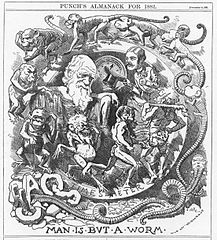“Live with your century; but do not be its creature.”
—Friedrich Schiller, German dramatist, born November 10, 1759
Remember
The last World War I veteran died last year. 2014 will mark the centenary of the “war to end all wars,” “the Great War,” “the War to make the world safe for democracy.” Today, now called Veteran’s Day, began as Armistice Day. The Armistice was declared at 11:00AM on November 11, 1918.
When you study the history of the 20th century, you learn that in some respects World War I never did end. (See World War II, the Cold War, etc.) The reunification of Germany on October 3, 1990 might be a place to draw the line, or the formal dissolution of the Soviet Union on December 26, 1991 could be called one. Then, of course, you have to consider the Wars of Succession in Former Yugoslavia, where it all started in 1914, and so on.

 “Sciences” like economics, sociology, psychology, and history are notoriously squishy, compared to the big dogs like physics or mathematics. Biology began the transition with the theory of evolution, and decisively crossed over with the development of genetics, culminating in the triumph of the discovery of DNA.
“Sciences” like economics, sociology, psychology, and history are notoriously squishy, compared to the big dogs like physics or mathematics. Biology began the transition with the theory of evolution, and decisively crossed over with the development of genetics, culminating in the triumph of the discovery of DNA. Walter “The Big Train” Johnson
Walter “The Big Train” Johnson
 Ha. That’ll be the day.
Ha. That’ll be the day.